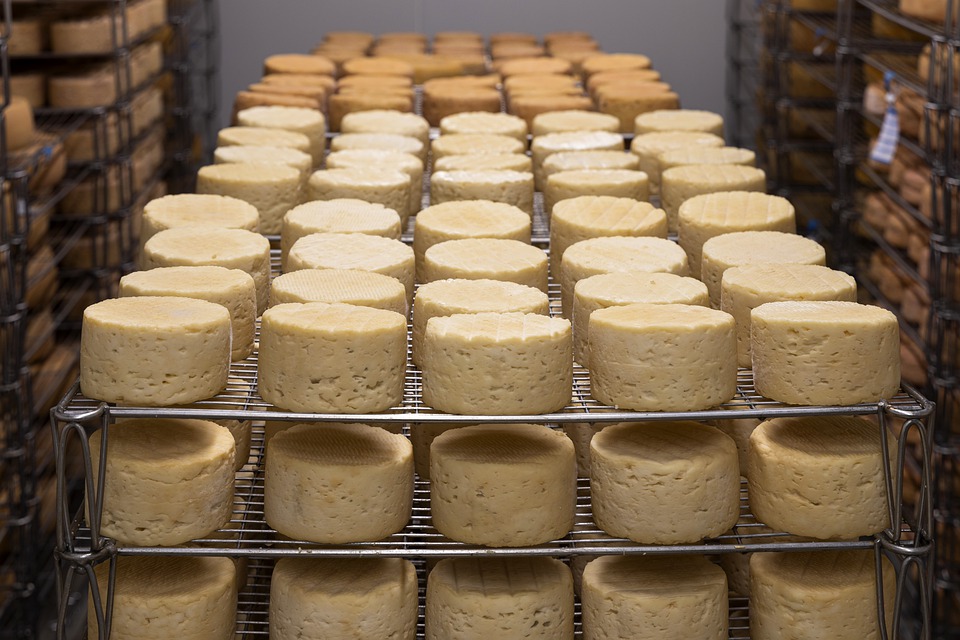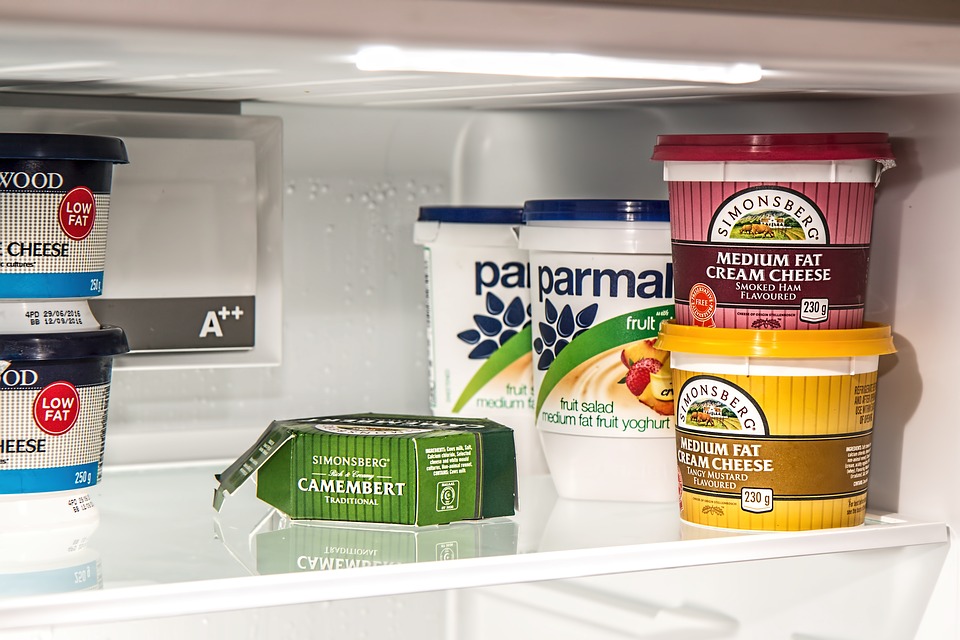How to store cheese correctly
Shopping groceries in bulk has become more popular in these times of uncertainty, and we all feel a little better knowing that our pantry and fridge are stocked with some of our favourite comfort foods – including cheese. Although it does not generally go off quickly, there are ways of storing cheese that will help it stay fresh and tasty for longer.
If you’re going eat the cheese within a few days, you can leave it in the wrapping you bought it in without any problems. However, if you intend to store the cheese for longer it’s a good idea to follow these guidelines:
- Hard, aged cheeses can first be wrapped in wax paper, then in plastic.
- Blue cheeses and semi-hard cheeses can be wrapped in plastic.
- Softer cheeses should not be wrapped in plastic as they will trap too much moisture. They can be placed in a resealable airtight container or under a bell jar/cheese dome in the refrigerator.
- Fresh cheeses in water (like mozzarella or Feta) can be left in the original packaging, changing the water every couple of days.
- Cheese should not be stored too cold. The best temperature is somewhere between 4 and 11 degrees Celsius. As most home refrigerators are colder than this you can keep the cheese in the veggie drawer, which is usually slightly warmer than the rest of the refrigerator.
- You can tell that hard cheese has gone off when it gets a white film on it or has gone very hard (dried out). Soft cheese has a cracked or bulging rind when it’s gone off and will smell more like ammonia. If you see any mould forming you should definitely throw the cheese away.
- Hard cheese can be stored about 4 to 6 months if stored correctly. Semi-hard to semi-soft cheeses can last about 2 to 4 weeks after the official expiration date on the packaging. Soft cheeses like ricotta and cottage cheese are more perishable and one should stick to the expiration date here.
Freezing cheeses
Cheeses that can be frozen:
Certain types of cheeses can be frozen without the quality being affected. Cheddar and Gouda can be frozen successfully and some well-aged hard grating cheeses also. Grated cheeses like mozzarella, which will be used for melting on pizza and or grilled cheese sandwiches, are a good option for convenient freezer storage.

Cheeses that shouldn’t be frozen:
The texture of fresh cheeses and soft cheeses (e.g. Brie) does not do well in the freezer. Artisanal cheeses with their delicate flavours should also not be frozen, as they will not taste the same afterwards.
In general:
- Don’t freeze cheese for longer than three months.
- Freeze cheese in the original packaging or in zip-lock bags.
- You can let frozen cheese thaw in the fridge or use it directly on pizzas or in a grilled cheese sandwiches.
- Use defrosted cheese within two to three days.
If you need any advice on how to store your cheese correctly (especially when buying in bulk) we’ll be happy to help. We adhere to very high standards for hygiene and safety at our facility and always ensure that the cheeses you buy are of excellent quality and in perfect condition.




